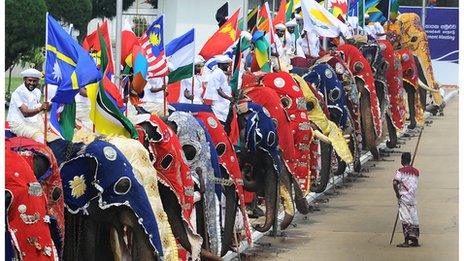Commonwealth dream looms in Brexit campaign
- Published
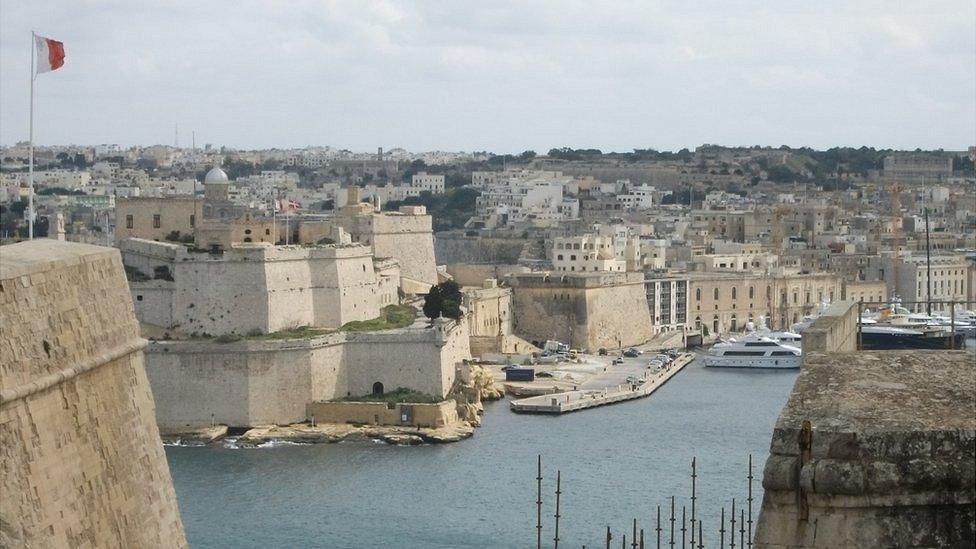
Malta is hosting this year's Commonwealth summit, but is also an EU member state
Whenever the word "Brexit" is mentioned, the word "Commonwealth" is usually not far behind.
Eurosceptics campaigning for the UK to leave the European Union are keen to dismiss the idea that the move would leave the country economically isolated and bereft of trade alliances.
They point out that the UK's links with the 53-nation Commonwealth, composed mainly of territories that belonged to the former British Empire, predate its membership of the EU.
And the Commonwealth itself is eager to stress the trade advantages that its members enjoy by virtue of belonging to the association.
As it opens its 24th summit in the Maltese capital, Valletta, which runs from 27 to 29 November, its place in the global trade landscape is a topic high on the agenda.
But even while continuing to be an EU member, the UK is already making great efforts to trade with the Commonwealth's most dynamic economies - and it is unclear how these efforts would be enhanced by a Brexit.
Meanwhile, at least one influential senior Commonwealth figure from outside the UK argues that the country has no need to choose between the EU and the Commonwealth - it can have both.
Going for growth?
With the eurozone currently beset by economic troubles, some commentators feel that the UK should turn away from its stagnating neighbours in favour of broader global trade pacts.
They are assisted in this view by statistics such as those produced by the organisation World Economics, which has a growth tracker, external showing that the Commonwealth has already overtaken the eurozone in its share of world economic output.
"The Commonwealth accounts for 2.6% more than the eurozone in terms of world GDP share," states World Economics. "Economic growth in the Commonwealth has accelerated over the post-1973 period in sharp contrast to the EU."
However, such comparisons can be misleading, since the Commonwealth is far from being a unified or homogenous bloc.
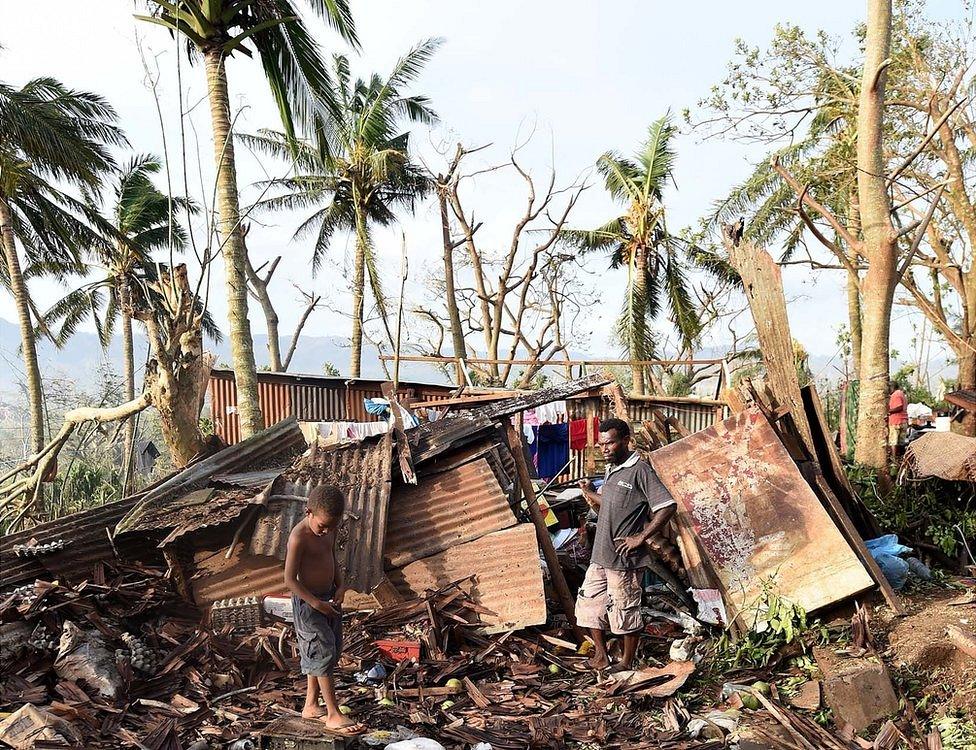
Vanuatu, recently ravaged by Cyclone Pam, is one of the Commonwealth's smaller states
As the Commonwealth's own website, external says, "Our countries span Africa, Asia, the Americas, Europe and the Pacific and are diverse - they are amongst the world's largest, smallest, richest and poorest countries.
"Thirty-one of our members are classified as small states - countries with a population size of 1.5 million people or less and larger member states that share similar characteristics with them."
For instance, when anti-EU campaigners talk of boosting trade with the Commonwealth, it's a safe bet that they're not talking about Vanuatu, a Pacific Ocean island chain with a population of 246,000.
The country was due to host the next Commonwealth summit in 2017, but was devastated by Cyclone Pam in March of this year, meaning that leaders in Malta will have to decide on another venue for the event.
Trade ties
In fact, just six Commonwealth countries account for more than four-fifths of all trade conducted by the organisation's members. Apart from the UK, they are Australia, Canada, India, Malaysia and Singapore.
As things stand, the UK isn't exactly giving any of these countries the cold shoulder. Earlier this month, the UK and India signed commercial deals worth £9bn during a visit to London by India's Prime Minister Narendra Modi - a visit seen as giving an important boost to the UK's relations with the world's fastest-growing large economy.
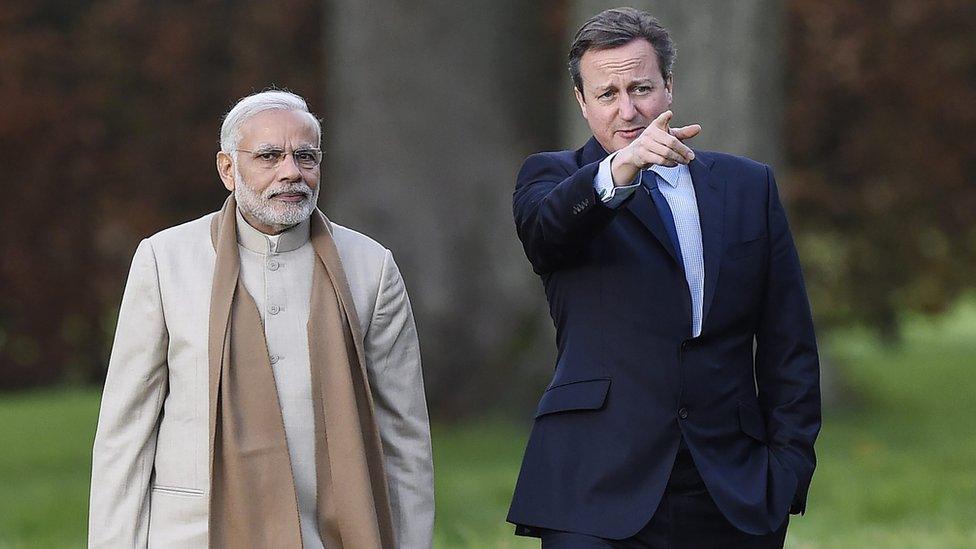
Narendra Modi's three-day visit was the first to the UK by an Indian prime minister in a decade
Other big Commonwealth economies are not badly placed either. Some Conservative MPs, including Boris Johnson, external, feel that the UK "betrayed" countries such as Australia when it joined the EU in 1973, but the Australian government doesn't seem to see it that way.
"We share an extensive economic, trade and investment relationship," says the Australian government website's, external country brief on UK relations, before going on to list the evidence.
Investment is particularly strong: the UK is "the second-largest source of total and direct foreign investment in Australia", while Australia returns the favour, with the UK also being "Australia's second most important foreign investment destination".
For its part, the Commonwealth stresses that countries benefit economically from belonging to the club. According to its Trade Review 2015, members' combined exports of goods and services amounted to $3.4 trillion in 2013, "which is about 15% of the world's total exports".
"When both bilateral partners are Commonwealth members, they tend to trade 20% more, and generate 10% more foreign direct investment inflows than otherwise," says the review.
"This 'Commonwealth effect' implies bilateral trade costs between Commonwealth partners are on average 19% lower compared with those for other country peers."
False choice?
So the Commonwealth does seem to confer economic benefits on its members. However, senior Commonwealth figures don't see that as a reason for the UK to leave the EU.
One task of the Malta summit will be to choose the Commonwealth's next secretary-general, external, the sixth person to hold the post.
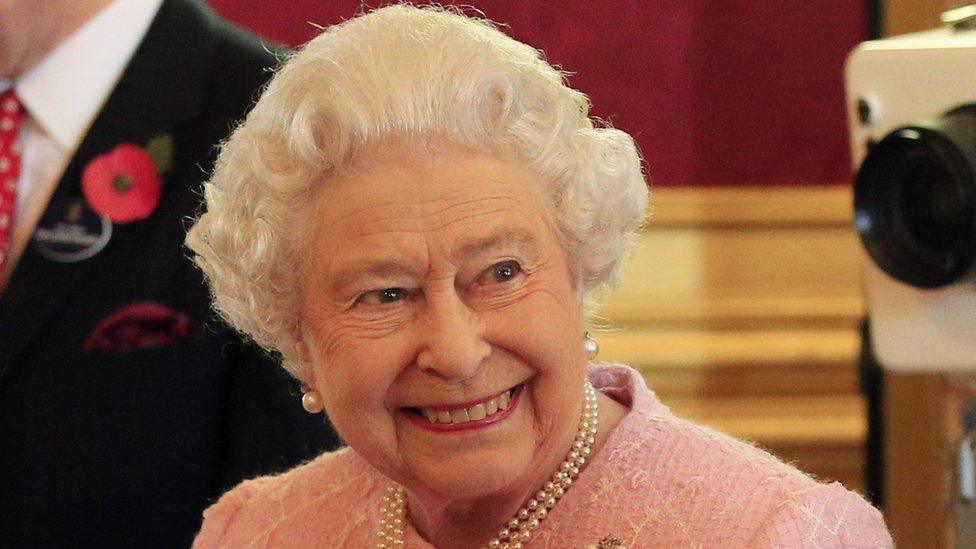
The Queen will be attending the Valletta summit as head of the Commonwealth
One of the three candidates currently in the running, veteran Caribbean diplomat Sir Ronald Sanders, has argued that there is no need, external for the UK to choose between the two alliances.
"Increased trade with Commonwealth countries is perfectly possible for Britain," he wrote in 2013. "It does not have to shed itself of Europe for that to happen."
As Sir Ronald points out, the EU is still the largest single market for UK exports, accounting for more than 40% of the total.
In his view, the goal for the Commonwealth is to work to "bring more Commonwealth countries into the gains of increased trade" by helping them to tackle their structural failings - something that heads of government could do well to reflect on as they gather in Valletta.
- Published13 November 2015
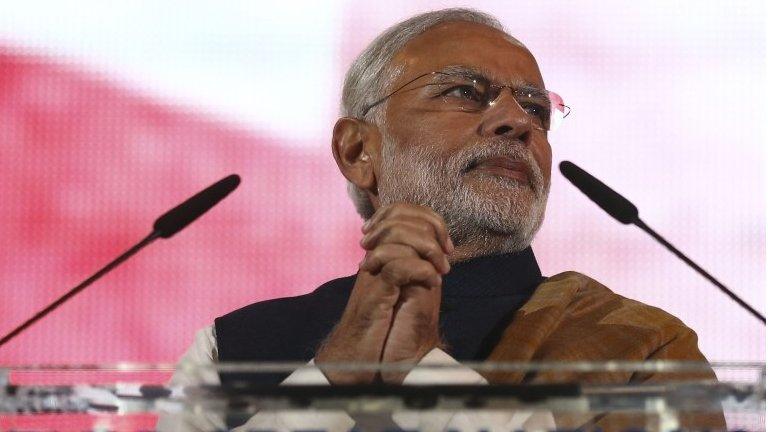
- Published9 March 2015
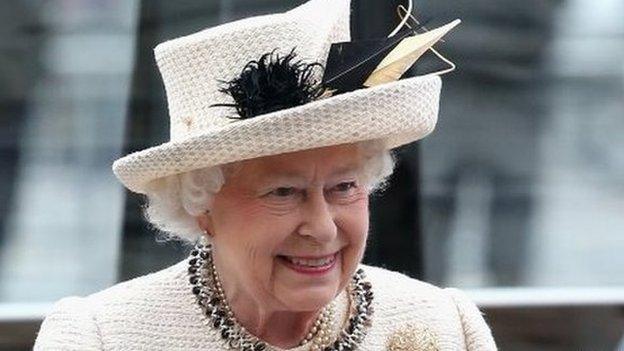
- Published24 August 2017
